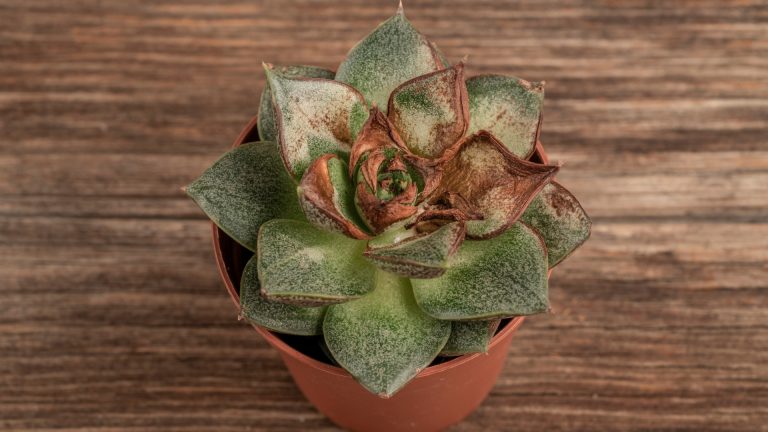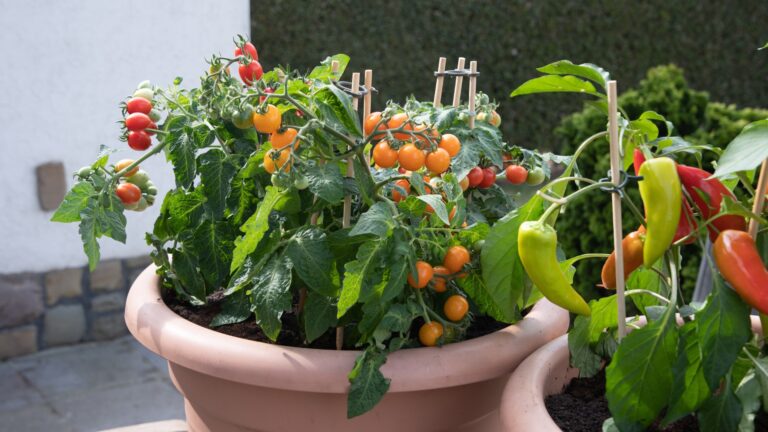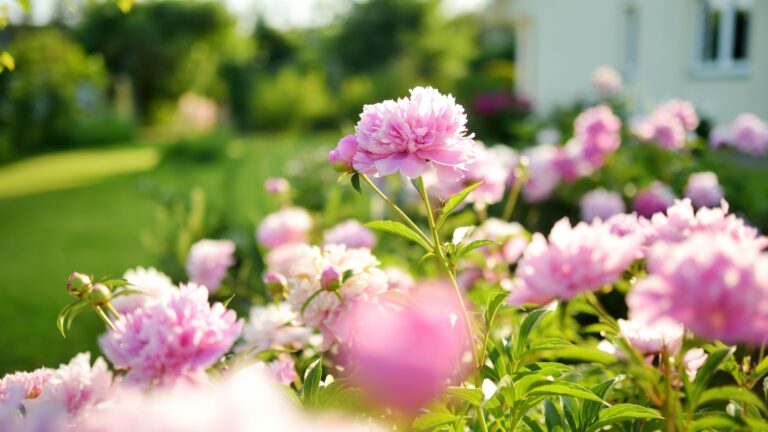8 Signs It’s Time To Clear The Leaves From Your Wisconsin Yard
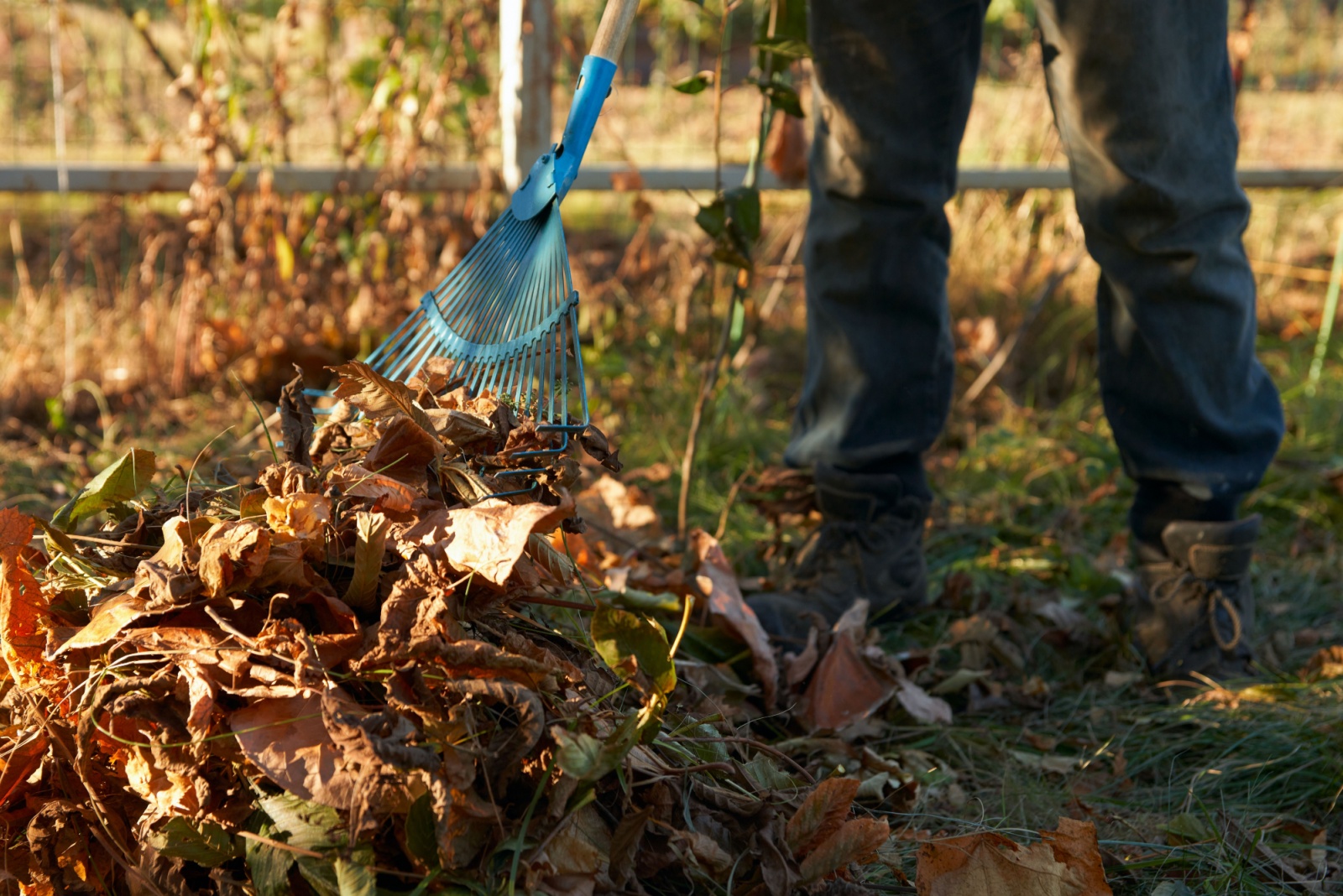
Fall in Wisconsin paints the landscape with stunning colors—but it also blankets your yard in leaves. While it’s tempting to let them sit, timing your cleanup really matters.
Letting leaves pile up too long can smother your grass and invite unwanted pests. Wet, compacted layers can even create slippery spots and safety hazards.
I’ve found that regular raking or mulching keeps your lawn healthier and easier to manage. A little effort now means fewer headaches later—and a better start come spring.
1. Your Grass Is Starting To Look Yellow
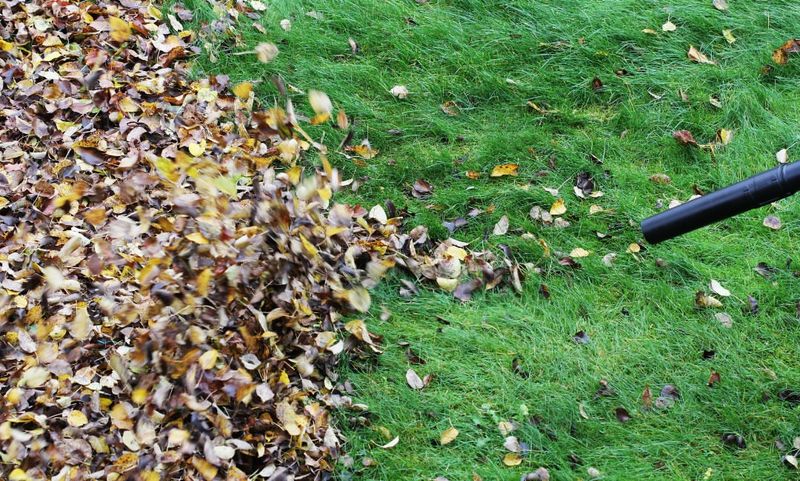
Leaves block sunlight from reaching your grass, which makes it turn yellow and weak. When thick layers sit on your lawn for too long, the grass underneath starts dying because it cannot get the light it needs to stay healthy.
Check under the leaf piles every few days. If you notice yellow patches spreading, grab your rake right away and get those leaves off before permanent damage happens to your beautiful lawn.
2. The Leaf Layer Is Thicker Than An Inch
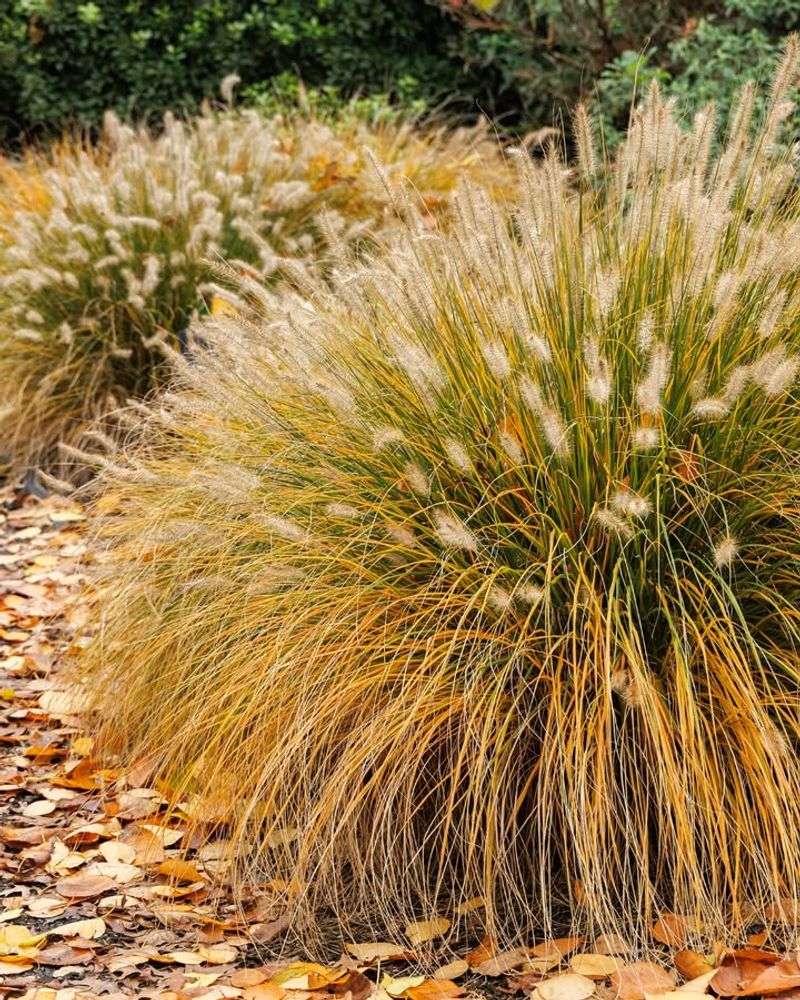
A thin scattering of leaves might actually help your soil, but anything thicker than an inch becomes a problem. Heavy leaf blankets trap moisture and create perfect conditions for mold, fungus, and diseases that attack your grass roots.
Measure the depth by sticking your finger into the pile. When leaves pile up past your first knuckle, it is definitely time to start clearing them away before they suffocate your entire yard.
3. You Can Smell A Musty Odor Outside
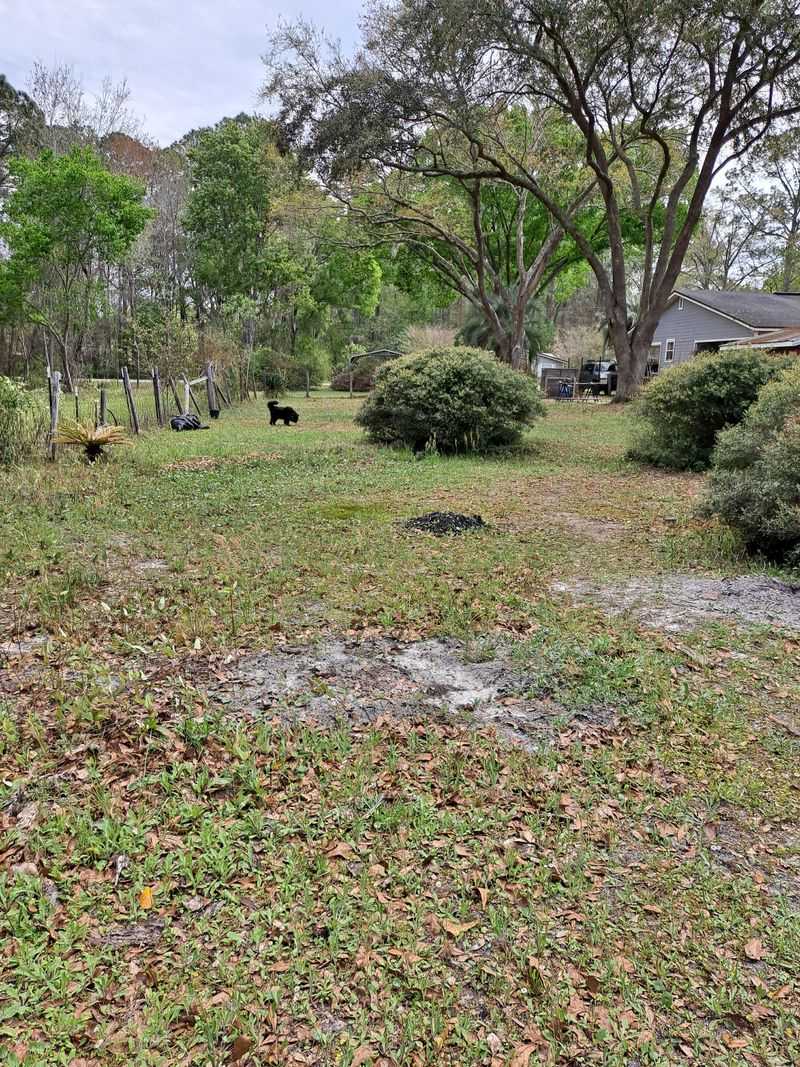
That weird smell coming from your yard is not just unpleasant, it means trouble. Decomposing leaves create a musty, earthy odor that signals mold and bacteria are growing underneath the wet piles sitting on your property.
Mold spores can spread to your home and cause health problems for your family. Once you catch that distinctive smell, do not wait another day to remove those rotting leaves from your Wisconsin yard immediately.
4. Pests Are Moving Into The Piles
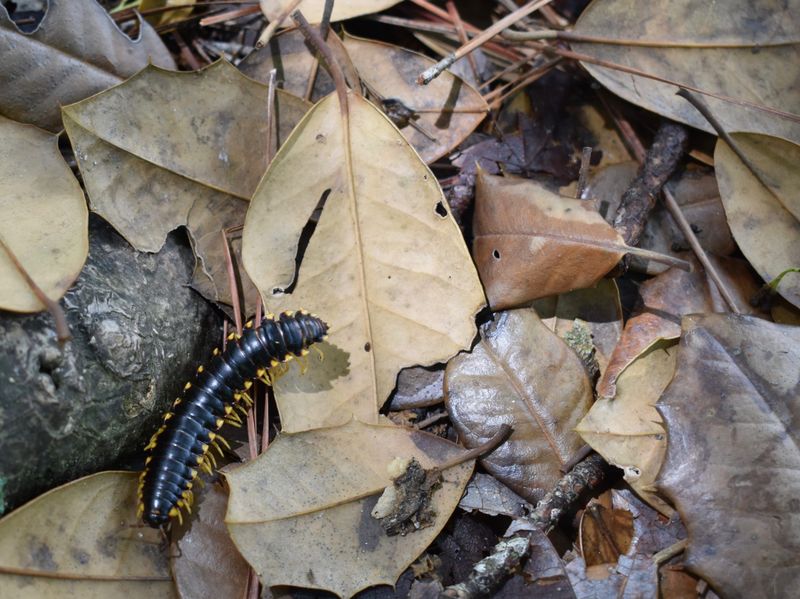
Mice, insects, and other critters love building homes in cozy leaf piles. These unwanted guests can quickly move from your yard into your garage, basement, or even your house looking for food and warmth during Wisconsin winters.
Spotted any movement in those leaf piles lately? Rodent droppings or insect activity near the leaves mean you have already got visitors who will multiply fast if you do not clear their hiding spots soon.
5. Walking Across Your Yard Feels Slippery
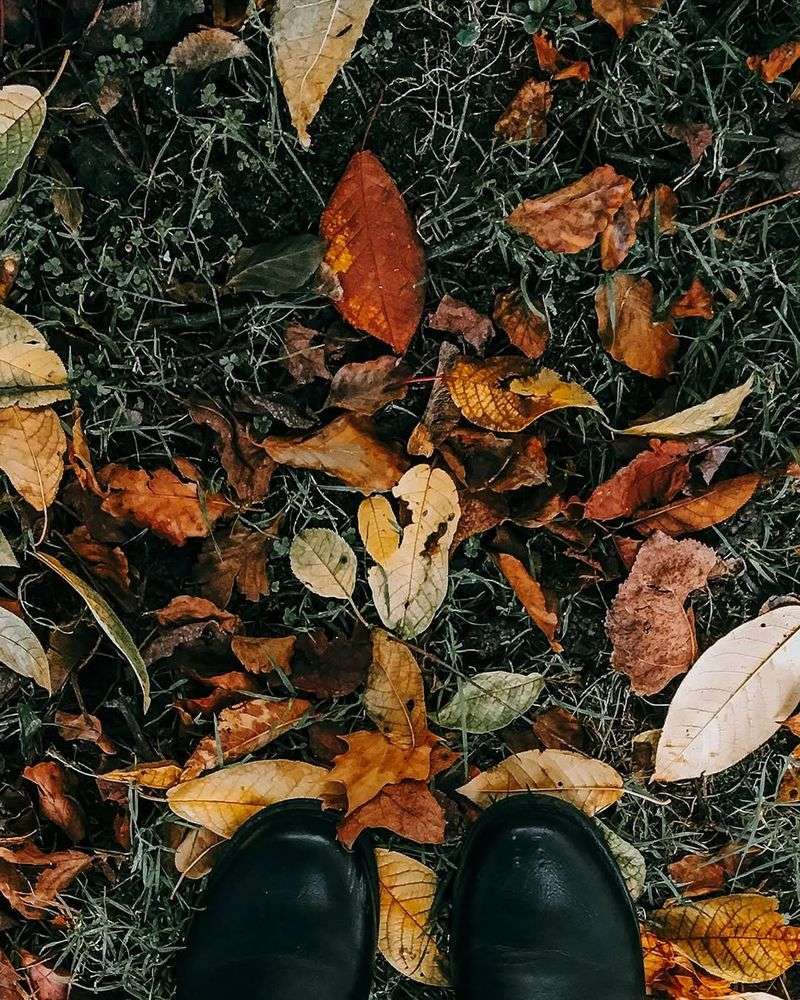
Wet leaves become incredibly slippery, creating dangerous conditions for anyone walking across your property. Kids playing outside, elderly neighbors passing by, or even you carrying groceries could easily slip and get seriously hurt on those slick leaves.
Test your yard by walking through it after rain. If your feet slide around or you feel unsteady, those leaves need to go before someone takes a nasty fall and ends up injured.
6. Your Gutters Are Overflowing With Debris
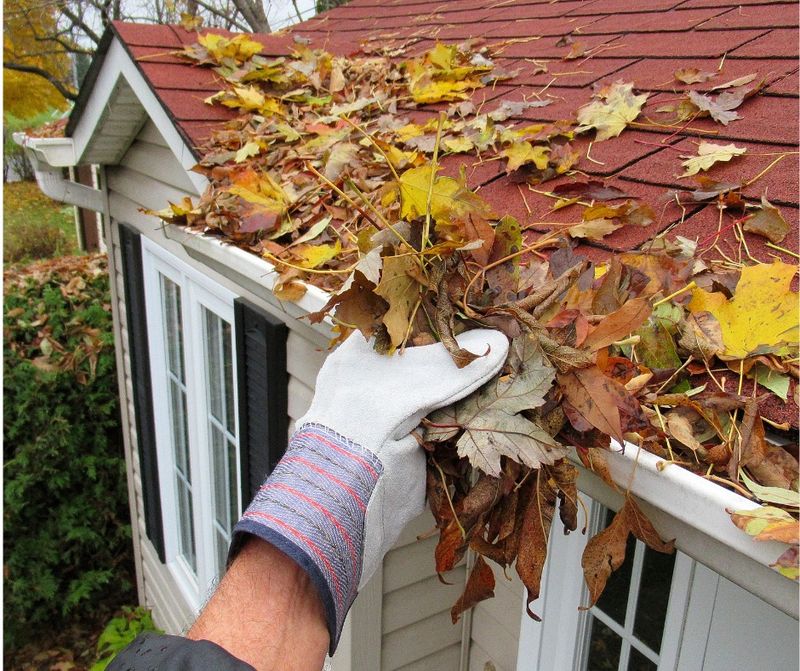
Leaves do not just stay on the ground. Wind blows them onto your roof and into your gutters, where they create clogs that cause water damage to your home. Overflowing gutters can ruin your foundation, siding, and landscaping with expensive repairs needed.
Look up at your roofline during the next rain. Water spilling over the sides instead of flowing through downspouts means clogged gutters need immediate attention along with yard cleanup.
7. Snow Is Forecast Within The Week
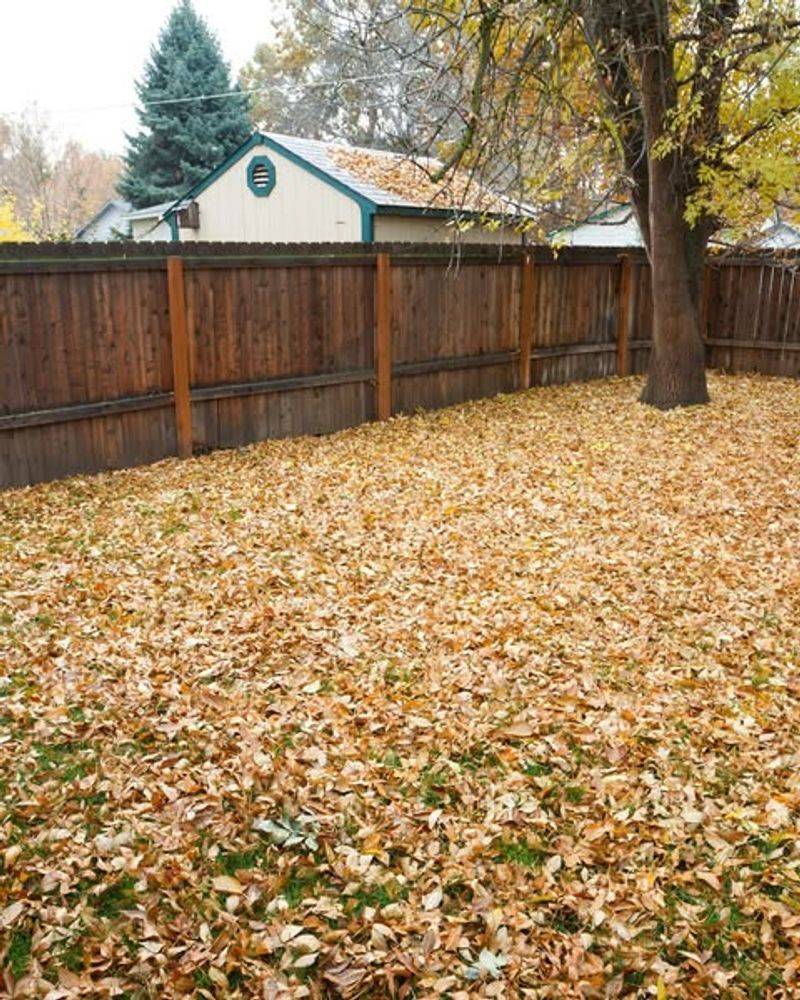
Once snow covers your leaves, they become nearly impossible to remove until spring. Frozen leaf layers trapped under snow will definitely kill your grass and create a soggy, dead mess when everything finally melts in a few months.
Check your local Wisconsin weather forecast regularly during fall. When meteorologists predict snow arriving soon, make leaf removal your top priority before that first snowfall locks everything in place for winter.
8. Your Neighbors Have Already Cleared Theirs
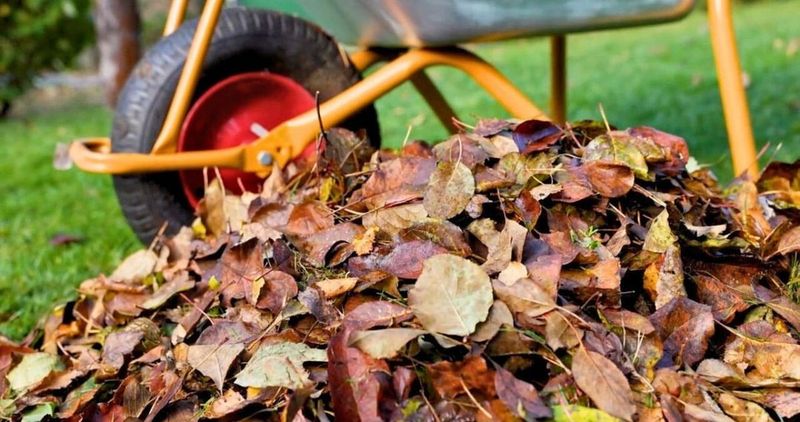
Sometimes peer pressure actually helps. When surrounding yards look clean and tidy while yours remains buried under leaves, those leaves will blow back onto your property and make your job even harder later on.
Take a walk around your block and observe what others have done. If most neighbors have finished their yard work, it probably means local conditions are right for clearing leaves now before weather makes it tougher.


